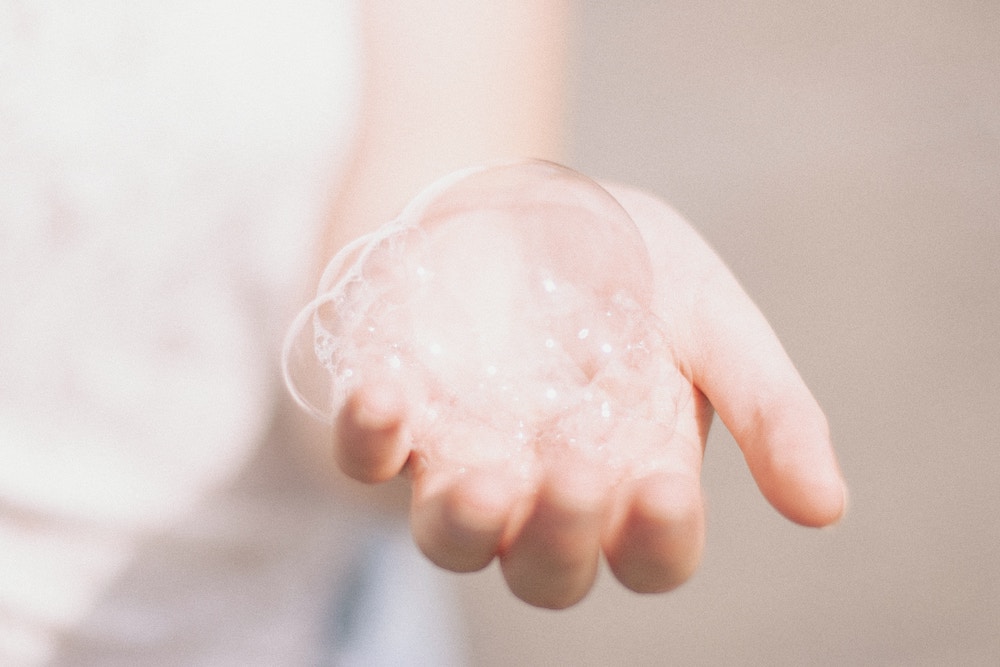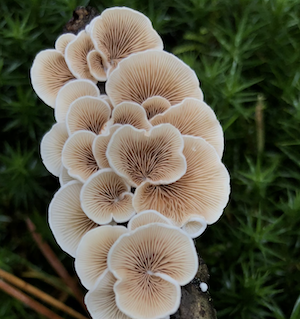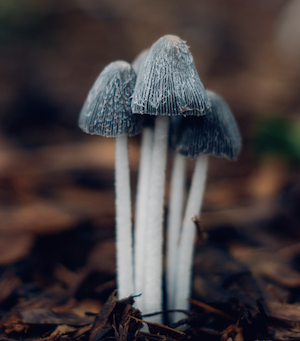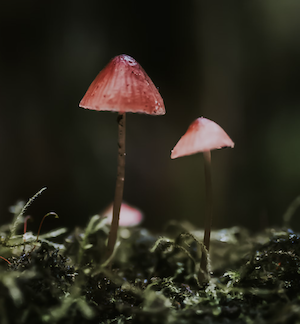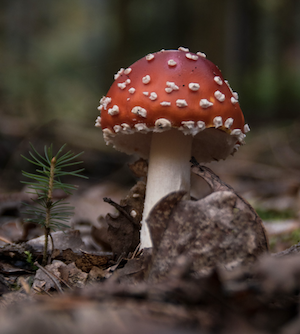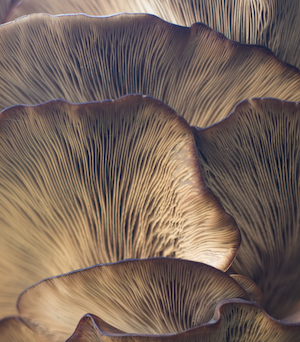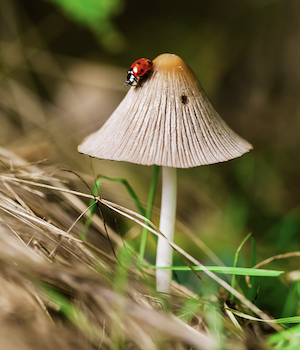CBD shampoo is a hair care product infused with cannabidiol (CBD), a non-psychoactive compound derived from the cannabis plant. The popularity of CBD-infused products has been steadily increasing in recent years, with consumers seeking potential benefits for their hair and scalp.
The purpose of this article is to provide an organized structure for discussing CBD shampoo, its benefits, usage, safety considerations, and more in the English language.
Benefits of CBD in Shampoo
The beauty and wellness industry has witnessed a surge in the use of cannabidiol (CBD) in various products, and one of the latest trends is CBD-infused shampoo. This innovative hair care product has garnered attention for its potential benefits for both the scalp and hair. In this section, we’ll explore the advantages of incorporating CBD into your hair care routine.
Scalp Health
A healthy scalp is the foundation for strong and vibrant hair. CBD is believed to have anti-inflammatory properties that can help soothe an irritated scalp. Conditions like dandruff, psoriasis, and eczema can lead to scalp discomfort and flakiness. CBD’s anti-inflammatory effects may provide relief from these issues, promoting a healthier scalp environment.
Hair Growth Stimulation
Many individuals are searching for ways to boost hair growth, especially if they’re dealing with hair loss or thinning. While more research is needed, some studies suggest that CBD may stimulate hair follicles and promote hair growth. By improving blood circulation to the scalp and delivering essential nutrients, CBD may contribute to thicker and fuller hair.
Moisture Retention
Dry and damaged hair can benefit from the moisturizing properties of CBD. CBD-infused shampoos often contain natural oils like coconut or argan oil, which help lock in moisture, leaving your hair feeling soft and hydrated. This can be particularly useful for individuals with dry or brittle hair.
Reduction in Hair Loss
Hair loss can be a distressing issue for many people. Although CBD is not a guaranteed solution, it may help address some of the factors that contribute to hair loss. By reducing inflammation, improving scalp health, and potentially stimulating hair follicles, CBD shampoo may play a role in minimizing hair loss.
Comparison with Traditional Shampoos
CBD shampoo offers a unique alternative to traditional hair care products. While conventional shampoos focus on cleansing the hair and removing excess oils, CBD-infused shampoos aim to provide additional therapeutic benefits. Users often report that their hair feels smoother, healthier, and more manageable after using CBD shampoo.
It’s important to note that individual experiences with CBD shampoo may vary. Factors like the concentration of CBD, the quality of the product, and an individual’s specific hair and scalp needs can all influence the results. As with any new addition to your beauty routine, it’s advisable to conduct a patch test and consult with a dermatologist if you have any concerns or allergies.
How CBD Shampoo Works
Understanding how CBD shampoo works involves exploring the interaction between cannabidiol (CBD) and the scalp. While the exact mechanisms are still being researched, there are some key insights into how CBD can have beneficial effects on the scalp and hair:
- Interaction with the Endocannabinoid System (ECS)
The human body has an endocannabinoid system (ECS), which plays a role in regulating various physiological processes, including those related to the skin and hair. CBD interacts with the ECS by binding to its receptors, known as cannabinoid receptors (CB1 and CB2), although it has a higher affinity for CB2 receptors, which are more prevalent in the skin. When applied topically through CBD shampoo, these interactions can have several effects:
Regulation of Sebum Production: CBD may help balance sebum (skin oil) production by regulating the activity of sebaceous glands. Excess sebum can lead to oily scalps, clogged hair follicles, and conditions like dandruff. By modulating sebum production, CBD can contribute to a healthier scalp.
Anti-Inflammatory Effects: CBD’s anti-inflammatory properties can reduce redness, itchiness, and irritation on the scalp. Inflammation is a common factor in various scalp conditions, and CBD’s soothing effects can provide relief.
- Cannabinoid Receptors in the Skin
CB1 and CB2 receptors are found in the skin, and when CBD is applied topically, it can interact with these receptors. This interaction is thought to play a role in the regulation of skin cell growth and differentiation. In the context of the scalp, it may influence the health of hair follicles and the rate of hair growth.
- Anti-Inflammatory and Antioxidant Properties
CBD is known for its anti-inflammatory and antioxidant properties. Inflammation can disrupt the hair growth cycle and contribute to hair loss. CBD’s ability to reduce inflammation may help maintain a healthier environment for hair growth. Additionally, its antioxidant properties can protect the scalp and hair from damage caused by free radicals and environmental stressors.
- Effects on Sebum Production
Sebum, the natural oil produced by the scalp, is essential for maintaining healthy hair. However, an overproduction of sebum can lead to greasy hair and scalp issues. CBD may help regulate sebum production by influencing the activity of sebaceous glands, resulting in a more balanced and less oily scalp.
It’s important to note that the effectiveness of CBD shampoo can vary depending on factors such as the concentration of CBD in the product, the quality of the shampoo, and an individual’s unique scalp and hair characteristics. Some people may experience noticeable improvements in scalp health and hair quality with consistent use, while others may have a more subtle response.
Choosing the Right CBD Shampoo
Selecting the right CBD shampoo is crucial to ensure you reap the potential benefits without any unwanted side effects. Here are some essential factors to consider when making your choice:
Look for the CBD concentration on the product label. This will typically be measured in milligrams (mg) and can vary significantly from one product to another. Higher concentrations may provide more potent effects, but it’s essential to start with a lower concentration if you’re new to CBD products to gauge your body’s response.
CBD shampoos can be formulated with different types of CBD extracts. Full-spectrum contains a wide range of cannabinoids, terpenes, and trace amounts of THC (usually below 0.3%), while broad-spectrum contains all the compounds except THC. CBD isolate contains pure CBD with no other compounds. Consider your preferences and any potential sensitivities when choosing between these options.
Choose a CBD shampoo from a reputable brand that provides third-party lab testing results. These reports confirm the product’s CBD concentration and ensure it meets safety and quality standards.
Examine the shampoo’s ingredient list. It should contain natural and nourishing ingredients that are beneficial for your hair and scalp. Common complementary ingredients include essential oils, vitamins, and botanical extracts.
Identifying Quality and Purity
Ensure the CBD used in the shampoo is sourced from high-quality industrial hemp plants. Hemp grown in regulated environments tends to yield better-quality CBD.
Look for products that use clean and safe extraction methods, such as CO2 extraction, to obtain CBD. This method is known for producing pure CBD without harmful residues.
Opt for CBD shampoos made from organic and non-genetically modified (non-GMO) ingredients. This reduces the likelihood of exposure to pesticides or genetically modified organisms.
Consideration of Personal Hair and Scalp Needs
Hair Type
Consider your hair type (e.g., curly, straight, fine, thick) and specific concerns (e.g., dryness, dandruff, hair loss). Some CBD shampoos are formulated to address particular hair and scalp issues, so choose one that aligns with your needs.
Allergies and Sensitivities
If you have known allergies or sensitivities to certain ingredients, carefully review the product’s ingredient list to avoid potential adverse reactions.
If you’re unsure about which CBD shampoo is right for you, consider consulting a dermatologist or a healthcare professional. They can provide personalized recommendations based on your hair and scalp condition.
By considering these factors, you can make an informed decision when choosing a CBD shampoo that aligns with your hair care goals and preferences. Keep in mind that the effectiveness of CBD products can vary from person to person, so be patient and consistent in your use to assess the results.
Potential Side Effects and Safety
While CBD shampoo is generally considered safe for most individuals, it’s essential to be aware of potential side effects and take safety precautions:
Minimal Risks Associated with CBD Shampoo
CBD is non-psychoactive, meaning it won’t produce the “high” associated with THC, another cannabinoid found in cannabis. Using CBD shampoo will not lead to any intoxication or impairment.
CBD shampoos are applied topically to the scalp and hair, and they are not ingested. This minimizes the risk of systemic side effects.
Allergies and Sensitivities
Some individuals may be sensitive to certain ingredients in CBD shampoos or have allergies to components like essential oils or botanical extracts. It’s crucial to read the product label carefully and perform a patch test on a small area of skin before using the shampoo on your scalp. If you experience any redness, itching, or irritation, discontinue use.
If you have known allergies to hemp or cannabis, be cautious when using CBD products, as there may be a slight risk of cross-contamination with THC or other cannabis compounds.
Consultation with a Dermatologist
If you have preexisting scalp conditions like psoriasis, eczema, or dermatitis, consult with a dermatologist before using CBD shampoo. While CBD may offer benefits, it’s essential to ensure it won’t exacerbate any underlying issues.
If you are taking medications or have underlying medical conditions, consult with a healthcare professional before adding CBD shampoo to your routine. While topical CBD is less likely to interact with medications compared to oral CBD, it’s always best to seek medical advice when in doubt.
Patch Testing
To minimize the risk of adverse reactions, consider the following steps:
Patch Test
Apply a small amount of CBD shampoo to a discreet area of your skin, like the inner forearm. Wait 24 to 48 hours to observe any adverse reactions, such as redness, itching, or irritation.
Gradual Introduction
If no adverse reactions occur during the patch test, you can start using the shampoo on your scalp. Begin with a lower frequency of use, such as once or twice a week, and gradually increase if well-tolerated.
Monitoring
Pay close attention to how your scalp and hair respond to the CBD shampoo. If you notice any adverse effects, discontinue use and consult a healthcare professional.
In summary, CBD shampoo is generally safe for most users, with minimal risks of side effects. However, it’s essential to be aware of potential allergies or sensitivities and perform a patch test before regular use. If you have underlying skin conditions or are taking medications, consulting with a healthcare professional or dermatologist is advisable to ensure safe usage. As with any new product, it’s important to be informed and cautious when incorporating CBD shampoo into your hair care routine.
